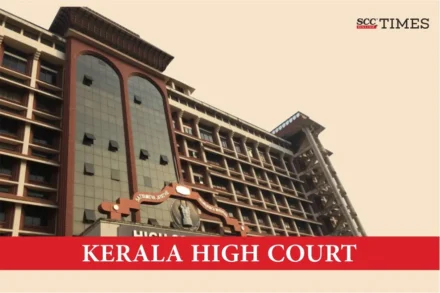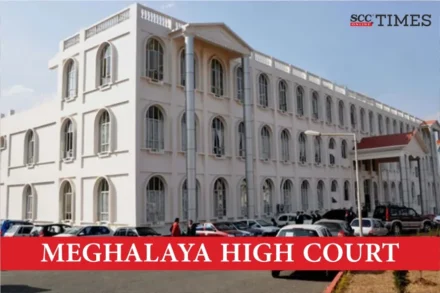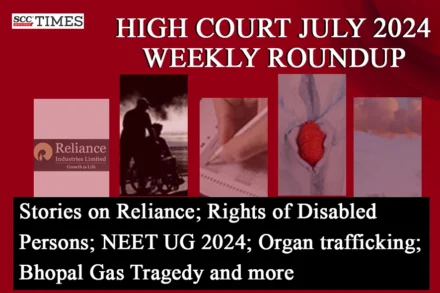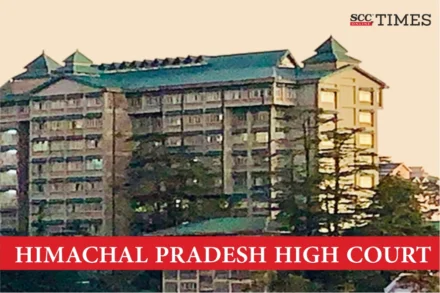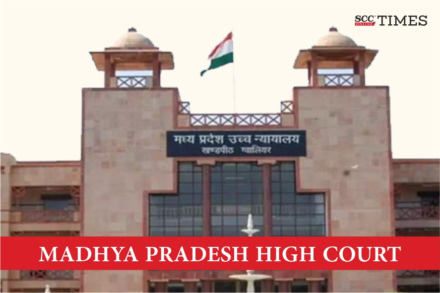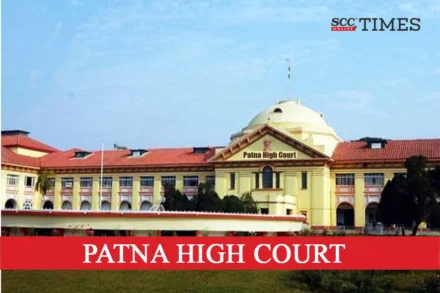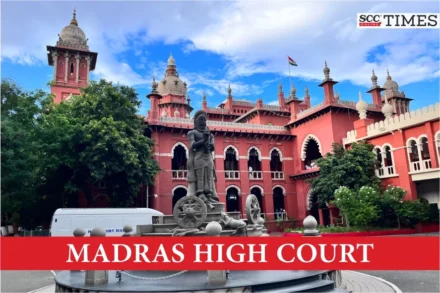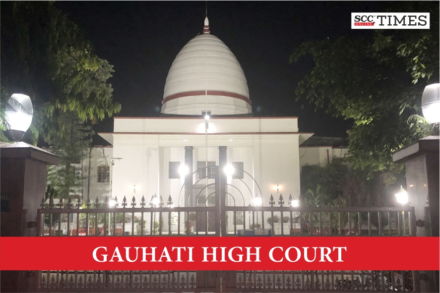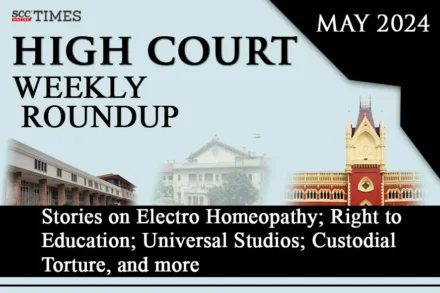
‘For 31 years, complainant willingly, knowingly participated in sexual relationship’; Bombay HC quashes FIR registered u/S 376 IPC against 73-year-old man
The complainant was adult enough to know that the law forbids a second marriage and there was no allegation in the complaint that applicant promised to divorce his first wife and then marry her.




